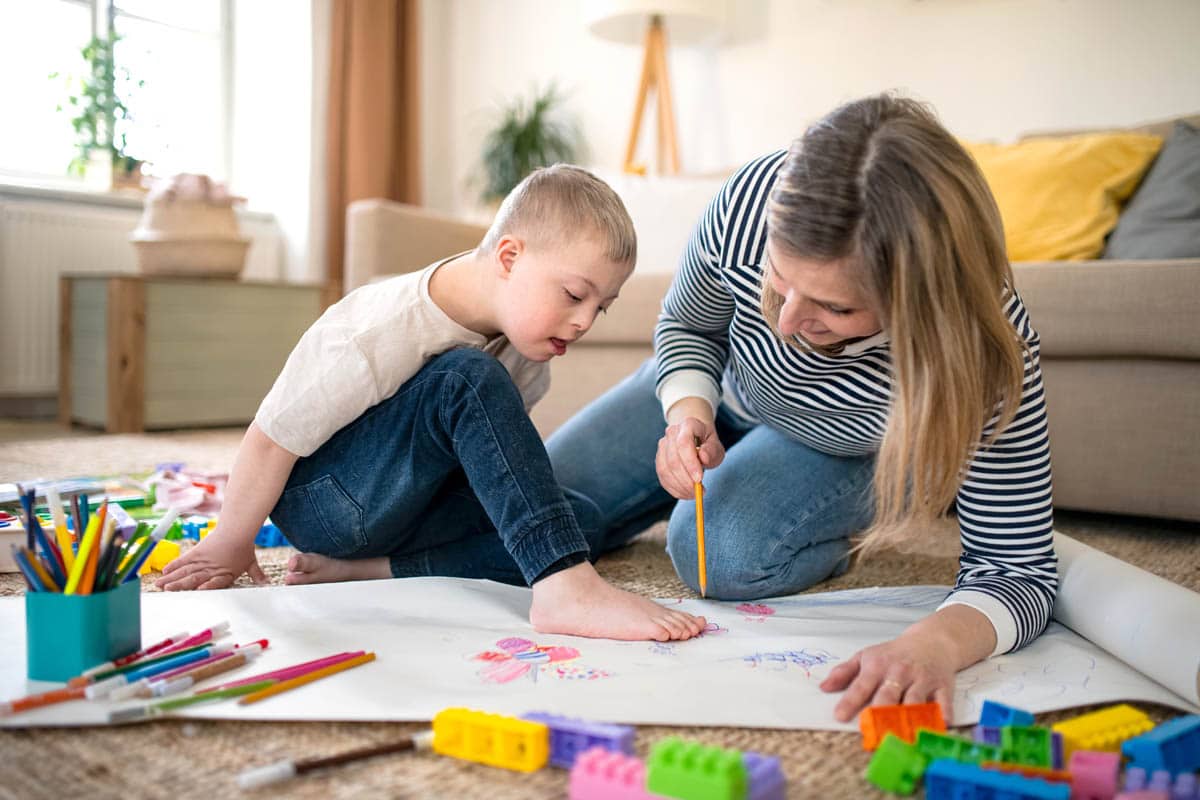Caring for a child or a family member with a disability can be tough. First-time families dealing with a member with a disability often don’t know where and how to start searching for answers and support.
It’s a good thing that community support services are available to support people with disabilities and their families, such as Senses and other non-profit organizations. Not all families with disabled loved ones know that there are lesser-known support alternatives they can rely on to help them with their journey, which will be discussed in detail below.
1. Early Childhood Intervention
Parents who learn that they have a child with a disability are often surprised about the news with tons of questions in their minds. Many parents seek help from pediatricians and psychiatrists. But many don’t realize that support groups are available that can provide early childhood intervention for parents to cope up in caring for a child with a disability.
Early childhood intervention is a community support service that can help families with disabled children, supporting and enhancing the child’s development potential. By partnering with community support groups, families with disabled children can benefit from accessing a wide range of professional services including the following:
- Occupational Therapists
- Speech Pathologists
- Physiotherapists
- Social Workers
- Psychologists
- Orientation and Mobility Specialists
- Deafblind Consultants
- Orthoptists
- Therapy Assistants
- Dietitians
2. Sibling Support Groups
One of the less-known disability issues is sibling concerns of families with disabled members. The siblings may have some questions or concerns about their roles as the brother or the sister of people with disabilities. It’s important to seek the help of a sibling support group that provides a supportive and safe environment for brothers and sisters of disabled people to share their emotions, express their concerns, ask questions, and find solutions to their problems.
Taking advantage of sibling support groups can help reduce the feelings of isolation of siblings. These groups also provide opportunities to form new friendships. Sibling support groups also encourage a positive attitude, increased sensitivity, and understanding towards siblings with a disability.
Here are the things that siblings can learn from joining sibling support groups:
- How to deal with a brother or a sister with a disability
- How siblings can help their parents care for a brother or a sister with a disability
- Understanding and acknowledging normal feelings of isolation, rejection, and depression
- Effective ways to reduce stress and anxiety associated with caring for a disabled family member
- How to build a better relationship with siblings with disabilities
- Learning where to find support when concerns and problems arise

3. Protective Behaviours Groups
Protective behaviours groups allow children with disabilities to learn about independence, relationships, and listening to their bodies. While social support services are already available in many communities to provide support to families with disabled members, they usually lack specific support services. Hence, non-profit organizations tend to develop specific support services designed to address the specific needs of people with disabilities.
Protect behaviours groups provide education and support services to families with disabled loved ones, covering the following sample topics:
- Asserting the right of the disabled family member to feel safe
- Listening to what the body tells
- How to improve greater independence and assertiveness
- How to build and maintain a circle of relationships
- How to reduce the risk of sexual abuse
- How to report abuse
- The principles of protective behaviours
- Making healthier choices to reduce risk-taking behaviours
4. Social Thinking Groups
One crucial aspect of caring for a child or any family member with a disability is social well-being. However, this aspect is usually overlooked as parents tend to focus more on the child’s health and safety.
Seeking the help of a social thinking group is a lesser-known alternative to support people with disabilities. It’s important for parents to help their children with disabilities to reach their full potential by making new friends and having fun with other people.
A social thinking group can help children with disabilities to explore and experience social thinking concepts. Social thinking groups increase their knowledge of their behaviour and social expectations. Joining social thinking groups allow children with disabilities to change their behaviours using flexible strategies.
Social thinking groups are recommended for children with disabilities who are aware of others and their behaviours, being able to differentiate reality from fantasy.
Conclusion
Now more than ever, you’ve come to realize that community support services extend beyond caring for your disabled family member. Community support services are available to provide the utmost support to siblings and parents of people with disabilities.
A part of community support services includes workshops and support groups to help families attain their goals. In addition, parents and carers learn to build and strengthen their relationships with their disabled family members to have a smooth-sailing journey.











